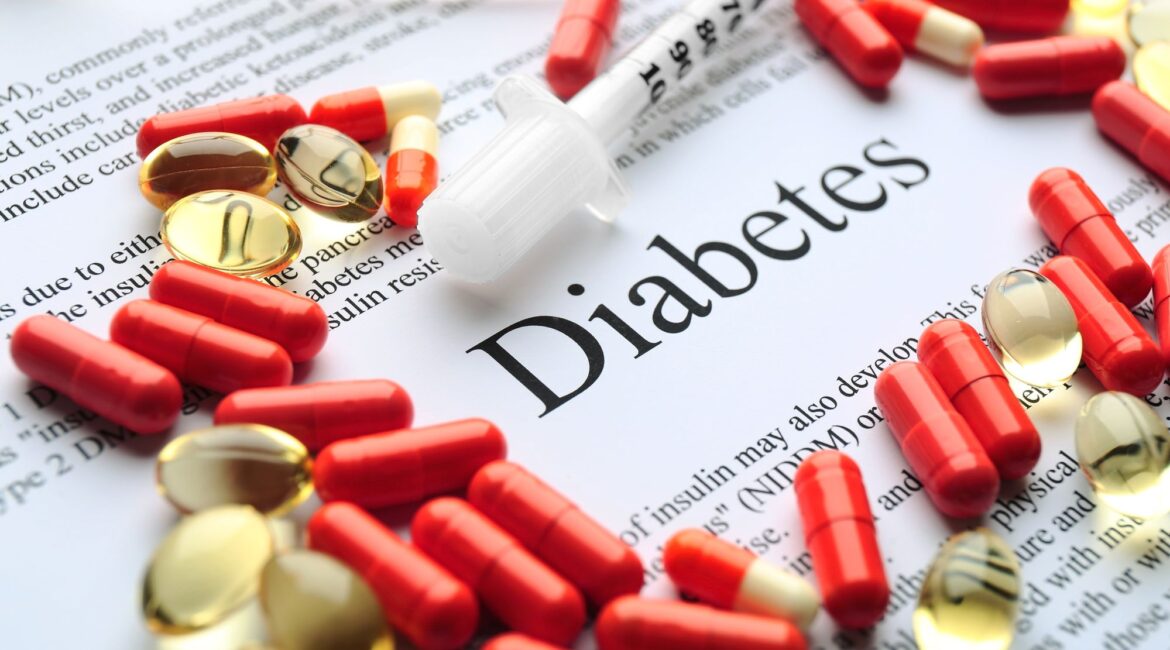Diabetes medications fall in two broad classes. Oral Pills and Injectables. Oral pills fall in different classes of drugs depending upon the mode of action and will be covering details about Thiazolidinediones (TZD) anti-hyperglycemic drugs here.
Background:
The Thiazolidinediones (Glitazones) have been around since early 2000.
Mode Of Action:
TZDs decrease insulin resistance by the formation of new fat cells, primarily on arms, thighs and butt. They target the PPAR-gamma receptor, which activates a number of genes in the body which play a role in glucose metabolism and the manner in which the body stores fat.
Other Benefits:
It helps to preserve the function of insulin-producing cells. It can also increase HDL level in blood and reduce the Triglycerides.
Side Effects:
- Water retention
- Weight gain
- Macular oedema
- Heart problems
- Liver failure
- Anaemia
- Bone fractures
- See FDA warnings
Contraindications
1. Caution in patients with heart problems
2. Patients with macular oedema
3. Caution when used with insulin, may promote heart failure.
4. Bladder cancer patients.
Brands ( generic name in brackets)
1. Actos ( Pioglitazone)
2. Avandia ( Rosiglitazone). Avandia is banned in India.
FDA Warnings
- Use of Pioglitazone may be linked to an increased risk of bladder cancer.( 2016),
- Use of Rosiglitazone possibly linked to an increased risk of heart attack according to data. FDA restricted access to Rosiglitazone. (2011) but recently lifted restrictions . (Banned in UK in 2010!)
References
1. Diabetes.co.uk
2. Master your Diabetes by Dr Mona Morstein
3. Diabetes 101 by Jenny Ruhl


